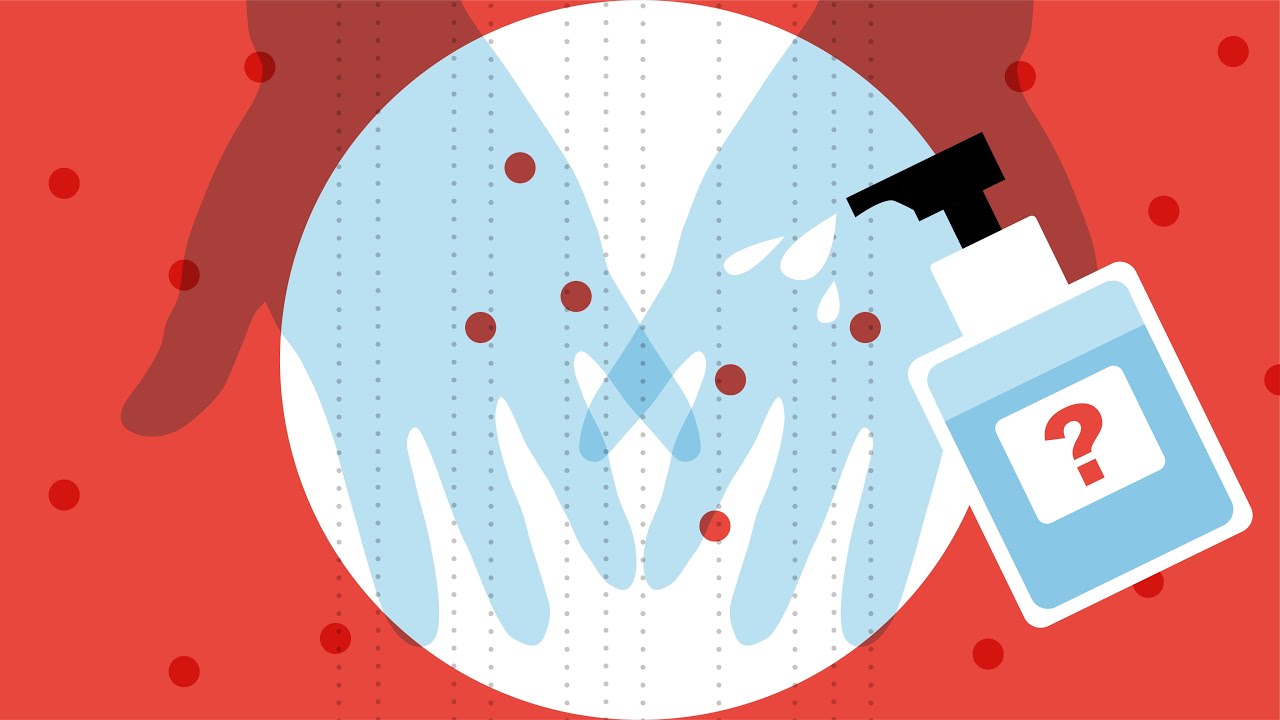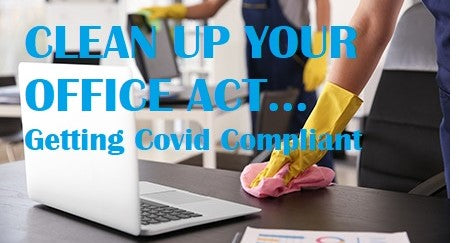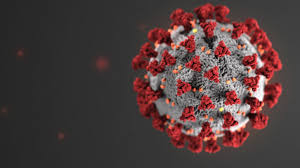RSA Shutdown & Covid-19

businesses
What Your Covid-Compliant Workplace Should Look Like
With some 1.5 million South Africans returning to work this week, businesses are required to comply with strict new health and safety regulations to prevent the spread of the novel coronavirus.
Bus...

cdc
Are You Using That Sanitiser Smartly?
It's great that you're using a sanitiser, but are you using the right one, in the right way? As Covid-19 rapidly takes over SA, we need to make sure we are all doing our part to keep the germs at b...

advice
Cleaning Up: Covid Compliance in the Office
As millions of workers prepare to restart the economy, business hygiene is going to be put to the test to keep the Covid 19 numbers down and prevent a backslide to level 5. But is your office ready?

covid-19
So what is Covid-19
The following is from Irene Ken physician, whose daughter is an Asst. Prof in infectious diseases at Johns Hopkins University, quite informative.* The virus is not a living organism, but a protein ...
